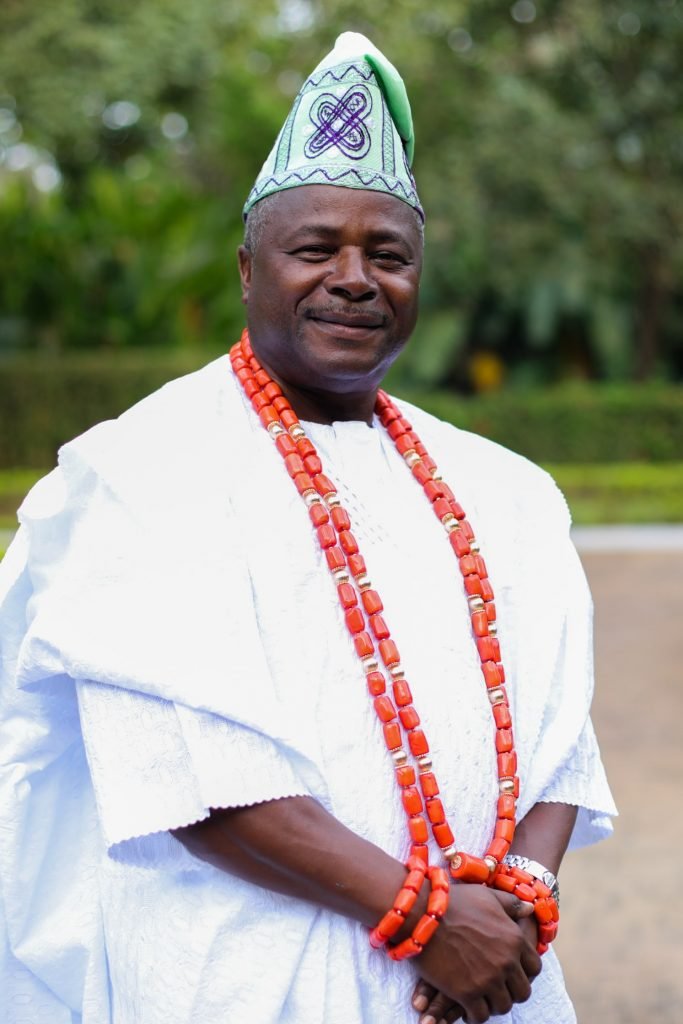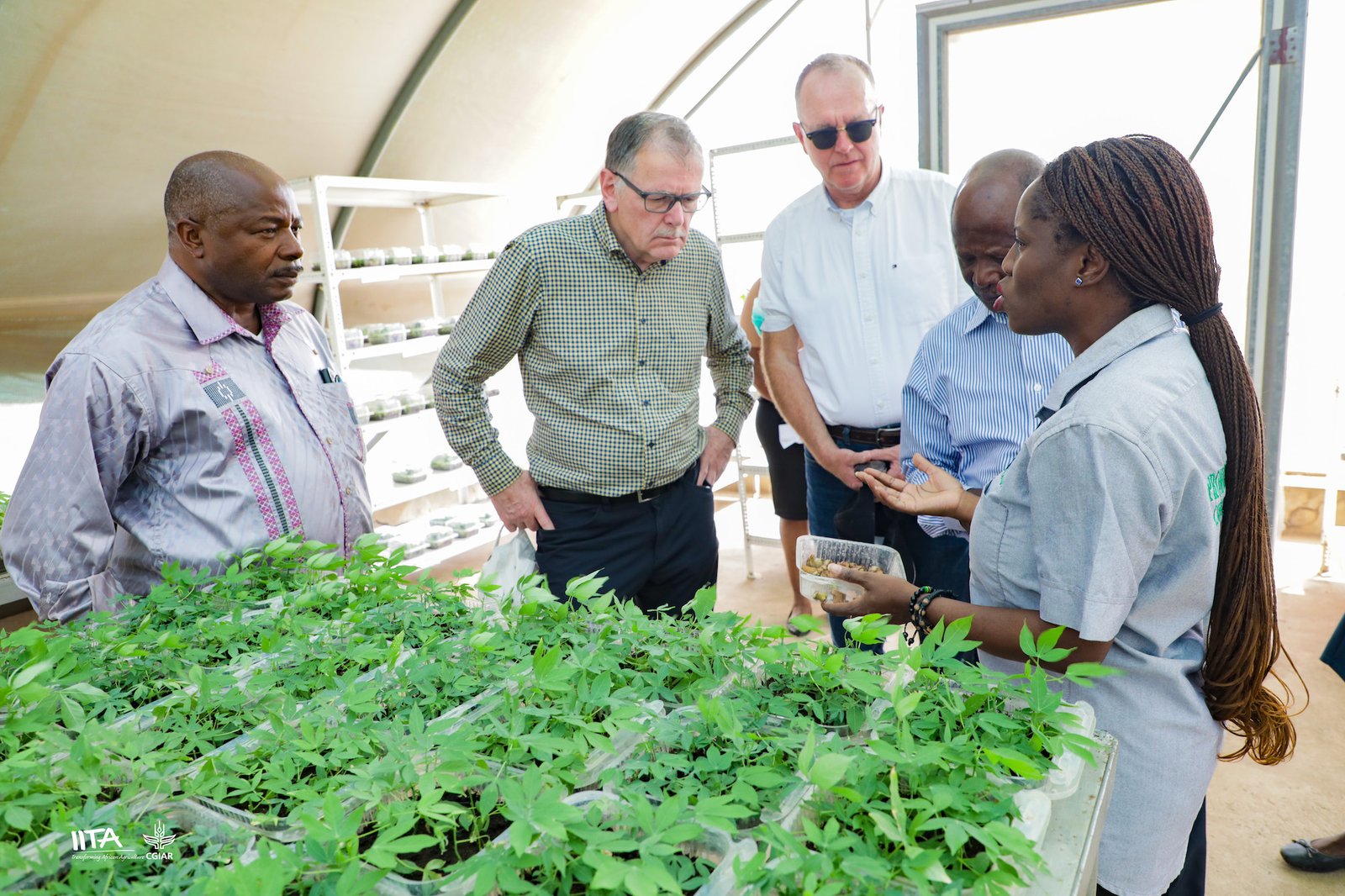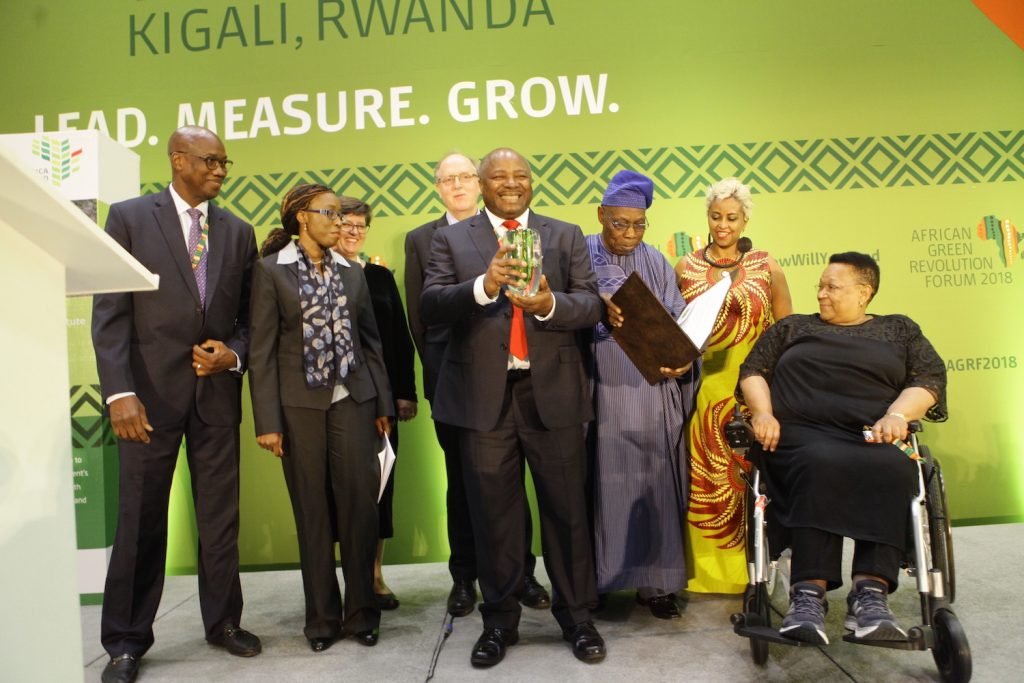he says, few things make him feel proud like random encounters with younger scientists who introduce themselves and tell him how excited they are to count IITA as their alma mater. Indeed, his next assignment will involve nurturing the next generation of African leaders in agriculture. “I have been thinking about what I will do after retirement from IITA later this year. I have decided to set up the African Agriculture Leadership Institute (AALI), which will be like an academy for changing mindsets about agriculture.
We will identify young leaders with potential to transform agriculture and train them. We will also take in those already in leadership or government, including ministers of finance and presidents, and retrain them to make the right policies,” says Dr Sanginga. AALI, whose patrons are DRC president Felix Tshisekedi and former Nigerian president Olusegun Obasanjo, will be inaugurated in February next year.
Disruptions to the global food supply chain related to the ongoing Russia-Ukraine war and the COVID-19 pandemic have rekindled the debate about the need for Africa to feed itself in the wake of the biting wheat, fertiliser and edible oil shortages caused by the conflict. The war in Eastern Europe has particularly exposed Africa’s soft underbelly in food production, with reports indicating it has depended on the two countries for more than 40 percent of its wheat imports.
“The challenges are an opportunity for the development of Agriculture in Africa and some countries are already seizing it. A good example is DRC where citizens realised cassava flour could be used for making bread,” says Dr Sanginga. Cases of households and eateries embracing cassava bread to replace wheat products have also been reported in Côte d’Ivoire.
The rise of agricultural innovations in Africa inspire hope that the continent might be able to feed itself someday. Dr Sanginga says the continent needs to get the right leaders in public service and attract private investments in agriculture. “We are not there yet. But there are a few examples of good leadership. In 2011 when Dr Adesina [Akinwumi] became the Minister for Agriculture and I was at IITA, we decided that Nigeria will not import what it has the potential to produce locally such as rice. We knew that we had to involve the private sector to succeed. So, we approached Aliko Dangote [one of Africa’s richest men] and asked him to invest in rice production.
He agreed to put in about USD 1 billion. In a space of three years, we had cut importation of rice into the country by 50 percent,” says Dr Sanginga. The Nigerian ‘Green Revolution’ was slowed down by what Dr Sanginga believes were inconsistent policies after a new administration took over in 2015.
“I’m convinced that the public sector is insufficient to get us there [selfsufficiency in food],” he says. Dr Sanginga’s interest in a future career in agriculture was cultivated on the farming fields in Bukivu District in Eastern DRC where he grew up helping his mother with routine farming chores such as digging, planting, weeding and harvesting.
He attended local schools for basic academic qualifications and a public university for an undergraduate degree before proceeding to Nigeria for postgraduate training at IITA and his PhD in Agronomy/Soil Microbiology.
Before joining IITA as director-general, he was the executive director of CIATTSBF and also had a working stint at the International Atomic Energy Agency in Austria.




4 Comments. Leave new
Agriculture is the sure belt and we will eat certainly eat what we produce and be satisfied someday. I celebrate you, DG Weldon your legacies speak volumes thank you sincerely
The Giant of Agriculture
This is an astute information, you have my best wishes Dr. Sanginga!! I look forward the privilege of joining the AALI in the future.
You highly transformed the agriculture into what all African youths can invest into by ur intelligence. I celebrate you the man of his words Dr.Saginga your legacy can’t be underestimated.